For decades, Section 230 of the U.S. Communications Decency Act has protected social media platforms from legal responsibility for what users post on their sites. But public opinion is shifting—and courts are starting to question the extent of that protection.
Recent high-profile lawsuits and state-level legislation signal that the once-broad shield provided by Section 230 may be faltering, especially in cases involving child safety and online harm.
What is Section 230?
Section 230, enacted in 1996, generally states that “online platforms are not legally responsible for user-generated content.”
This legal framework allowed companies like Facebook, Twitter, and YouTube to grow without being held liable for harmful, false, or illegal content shared by users.
But critics argue that this protection has gone too far—enabling platforms to avoid responsibility even when users are harmed.
A Turning Point: The Texas Sex Trafficking Case
One of the most significant challenges to Section 230 came in a 2021 sex trafficking lawsuit against Facebook. Three victims sued the company under the Texas Civil Practice and Remedies Code, alleging:
-
Facebook’s platform enabled traffickers
-
The company failed to implement safeguards
-
Facebook was negligent and liable for product defects
Although Facebook argued that Section 230 protected them, the Texas Supreme Court ruled that the case could proceed—stating that while Section 230 shields platforms from liability for users’ speech, it doesn’t automatically protect them from claims of product liability or negligence.
In fact, this ruling cracked open the door to holding platforms accountable in new ways.
State-Level Effots: California Takes Action
The movement to regulate social media companies is also gaining traction at the state level.
In California:
-
Lawmakers are pushing for a law that would allow victims—particularly teens—to sue platforms if they were addicted to harmful products or services
-
A bill known as the California Age-Appropriate Design Code would require digital platforms likely to be accessed by children to follow stricter safety and privacy standards
Supporters argue that these measures could set national precedents for protecting kids online and change the game for Section 230 social media liability rules.
Pushback from Privacy Advocates
However, not everyone agrees with the direction of these reforms. Groups like the Electronic Frontier Foundation (EFF) oppose aspects of the California privacy bill, warning it could:
-
Force companies to collect more personal data (e.g., birthdates or government IDs)
-
Undermine online anonymity and user privacy
The EFF has stated it won’t support the bill unless age requirements are modified to minimize intrusive data collection.
What Does This Mean for Section 230 Social Media Liability?
The legal and legislative landscape is rapidly evolving:
-
Courts are beginning to carve out exceptions to Section 230
-
States are crafting new laws to hold platforms accountable
-
Advocates on both sides are debating the balance between safety, privacy, and free expression
What’s clear is that Section 230’s legal shield is no longer ironclad.
Future rulings and new laws may redefine how responsibility is shared between platforms and users.
How This Impacts Online Investigations
If you’re involved in digital investigations or legal discovery:
-
Stay informed about how platform liability is evolving
-
Be aware that online behavior may now carry new legal risks for platforms
-
Understand that platform cooperation and transparency may increase as laws change
At SMI Aware, we help legal teams navigate these shifting landscapes by locating, investigating, and preserving social media evidence in a defensible, ethical, and compliant manner.
Let’s Talk about Social Media Liability
Contact us to learn how we support attorneys and investigators with compliant, up-to-date social media and OSINT services.




